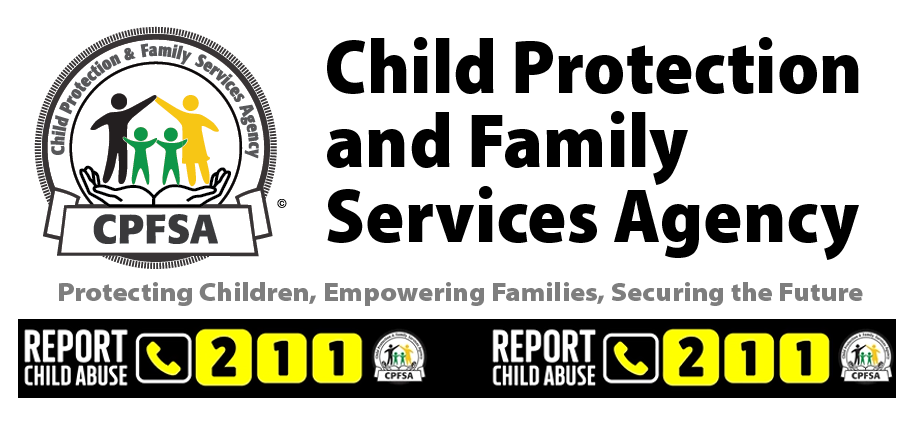
Open your heart. Open your home. Foster a child today!
What is Foster Care?
Many children in Jamaica face extremely difficult realities in their families and communities, often resulting in the government authorities removing them from the situation.
Foster care is a more desirable alternative to placing a child in a residential child care facility. It is aimed at providing a safe family environment for children aged between zero to 18 years who have become wards of the State as a result of being abused, orphaned, abandoned, neglected or unable to be cared for by their parents, relatives or guardians.
In contrast to residential care in which a child is placed in a government or private children’s home where facilities and care are communal, foster care allows a child to be placed within a loving family home environment where he or she can get individual attention. It is a legal process that places a child in the care of a person or couple who are not the biological parents of the child to enable them to raise that child and provide a nurturing environment for his or her physical, spiritual and emotional growth and development.
There are also many benefits to becoming a foster parent, not the least of which is providing the emotional satisfaction of being able to play a positive role in the life of a child.
What does it take to be a Foster Parent?
Becoming a foster parent demands a high level of commitment to child-rearing. Foster parents are expected to treat a foster child with love, care, dignity and respect, as they would treat their biological children.
Patience and understanding are critical attributes of a foster parent, as some foster children need special care and nurturing as they may bear psychological and emotional scars arising from the difficult circumstances from which they come.
How Do I Become A Foster Parent?
An adult of good moral and legal standing with a loving and caring disposition can become a foster parent. But there is a legal process which must be followed for a person to become a foster parent:
- Applications can be made through the Children’s Officer in your parish. The Children’s Officer is usually located in the regional offices of the Child Protection and Family Services Agency (CPFSA), an agency of the Ministry of Education, Youth and Information.
Providing for a Child
In keeping with the Child Care and Protection Act, legal guardians, parents and foster parents are required to provide food, clothing and shelter, as well as an education for children under their care. It is also a violation of the Child Care and Protection Act for children to be sent out to do work to earn income. The law also makes it an offence to deny a child an education, food or shelter.
Responsibility of the State
- The government offers a monthly allowance towards the maintenance of each foster child, as well as fees for clothing, books, school fees and medical bills where necessary but it is expected that the foster parent will supplement this to meet the needs of the child.
Who Can Become a Foster Parent?
- A foster parent can be a single individual or a couple. Placement with a single man however, is often only done if the applicant is related to the child or other exceptional circumstances.
- Persons between the ages of 25 to 65 are ideally selected as foster parents. However consideration can be given to persons over 65 years, particularly if the individual is a relative of the child and can wwwnstrate strong family support.
- Foster parents must have suitable home accommodation for a child.
- Foster parents must live in a stable community.
- To be a foster parent, one must be gainfully employed or have a steady income to meet the needs of the child and family.
Preparing to Become a Foster Parent
A prospective foster parent:
- Must be willing to undergo a medical
- Provide two persons who can comment on their suitability and readiness to receive and care for a child.
- Must be willing to undergo a period of training organized by the Children’s Officer to become familiar with caring for children in a manner which will promote his or her growth and development and the expectations of the agency. The foster parent (s) will also have the opportunity to voice to the social worker their expectation of the Agency.
A social worker from the Child Protection and Family Services Agency (CPFSA) will conduct periodic home visits to assess the environment in which the child will be residing. This will include interviews with the applicant(s) and members of their household.
Follow up and Supervision
In order to be a foster parent one must be willing to be supervised by a social worker from the Child Protection and Family Services Agency (CPFSA). The social worker will make regular visits to the home to determine that the child’s wellbeing is being maintained.
Foster parent must be prepared to allow the foster child to maintain contact with his or her biological parents or relatives and allow for the re-integration of the child once a recommendation to that effect has been made by the social worker.
